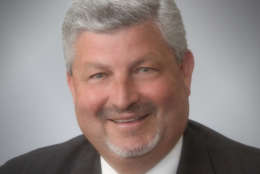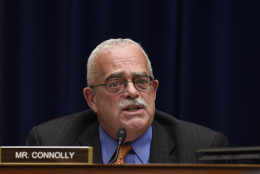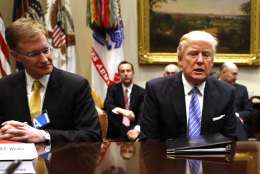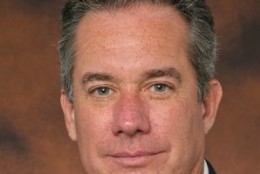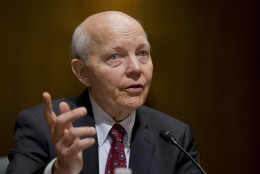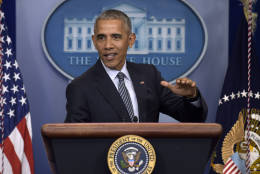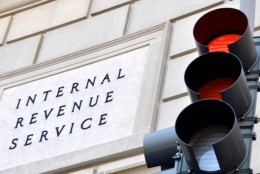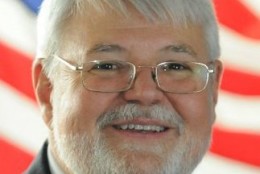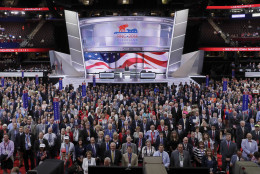National Treasury Employees Union
-
About 58 percent of federal employees say their workloads have increased since President Donald Trump authorized a temporary hiring freeze for some agencies, according to a recent survey from the National Treasury Employees Union.
March 01, 2017 -
Lawmakers are once again reintroducing legislation that would create up to six weeks of paid parental leave for federal employees after the birth, adoption or fostering of a new child. Reps. Carolyn Maloney (D-N.Y.) and Barbara Comstock (R-Va.) officially reintroduced the Federal Employees Paid Parental Leave Act (FEPPLA).
February 13, 2017 -
Rep. Gerry Connolly (D-Va.) is once again reintroducing the Federal Adjustment of Income Rates (FAIR) Act. This time, Connolly's bill proposes a 3.2 percent pay raise for federal employees in 2018.
January 31, 2017 -
President Donald Trump signed a memorandum Monday implementing a federal hiring freeze. It prevents agencies from making most new hires and prevents them from filling vacant positions. It does not apply to military or national security positions.
January 23, 2017 -
Most people expect a raise when they get a promotion. But for some feds in 2017, thanks to salary compression, that’s not the case.
January 23, 2017 -
The National Treasury Employees Union and the Senior Executives Association both said they hope to better educate the new administration and Congress about the federal workforce.
January 06, 2017 -
The IRS is gearing up for the 2017 filing season by focusing on cybersecurity and customer service. The agency expects to process more than 150 million individual tax returns. But how smooth this filing season will be comes down to whether or not President-elect Trump decides to extend the hiring freeze to the tax agency.
January 05, 2017 -
The Office of Personnel Management is giving federal employees and retirees an extra day to make changes to, enroll or cancel their dental or vision plans.
December 13, 2016 -
President Barack Obama signed a new letter to Congress alerting them of his plan to tell agencies to give every federal employee a 2.1 percent raise in 2017.
December 08, 2016 -
The National Treasury Employees Union and Office of Personnel Management are battling in court on whether or not a judge should dismiss a lawsuit against the agency, stemming from the 2015 data breach.
October 31, 2016 -
Most Federal Long Term Care Program policyholders chose to accept higher premiums or took advantage of special benefit reduction options during this summer's enrollee decision period. Premiums rose for about 264,000 active and retired federal employees by as much as 126 percent.
October 21, 2016 -
Federal employees and their families will see a 4.4 percent increase in their Federal Employee Health Benefit premiums next year. But FEHBP participants will pay 6.2 percent toward their health care costs. The government share is 3.7 percent.
September 28, 2016 -
Rather than outsource the work of delinquent tax collection, thousands of IRS employees set to lose their jobs in the next eight years could be retrained on how to do the work.
September 27, 2016 -
When labor-management relationships are strong, employee engagement improves, federal union leaders said during a discussion at the Federal Mediation and Conciliation Service conference in Chicago. Union leaders say their partnerships with agencies have improved over the past eight years, but the success of those partnerships too often depends on the administration.
August 18, 2016 -
The Republican National Convention supports impeaching the head of the IRS, and demands more stringent oversight of federal agency spending in its official party platform.
July 19, 2016

